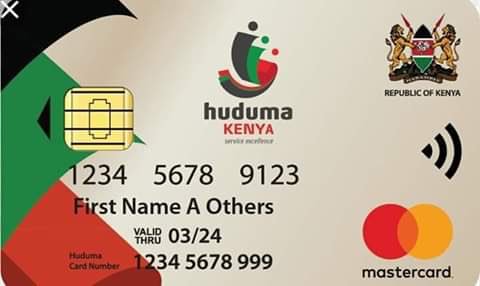The Ministry of Interior and National Government has assured that biometric data collected from Kenyans during the transition to new digital identity cards will not be entrusted to third parties for handling.
Julius Bitok, the Principal Secretary for Immigration and Citizen Services, emphasized that the transition from the current second-generation cards to Maisha Cards will grant Kenyans access to an extensive array of e-citizen services.
On October 2, 2023, the new digital ID card, equipped with a microchip, will be officially issued. This card will incorporate essential biometric data including age, gender, county, fingerprints, and facial features. These features will enable citizens to avail themselves of over 7000 services.

In 2019, under Jubilee government, Kenya begun the process of implementing a new digital identity system called the National Integrated Identity Management System (NIIMS), commonly referred to as Huduma Namba. This initiative aimed to create a central database that consolidates biometric and biographical data of Kenyan citizens and residents.
Huduma Namba was designed to provide a unique and secure way to identify individuals, streamlining service delivery and reducing fraud. It included features such as fingerprints, facial recognition, and other biometric data. However, huduma number is not currently used even though a number of Kenyans have received the huduma card.









